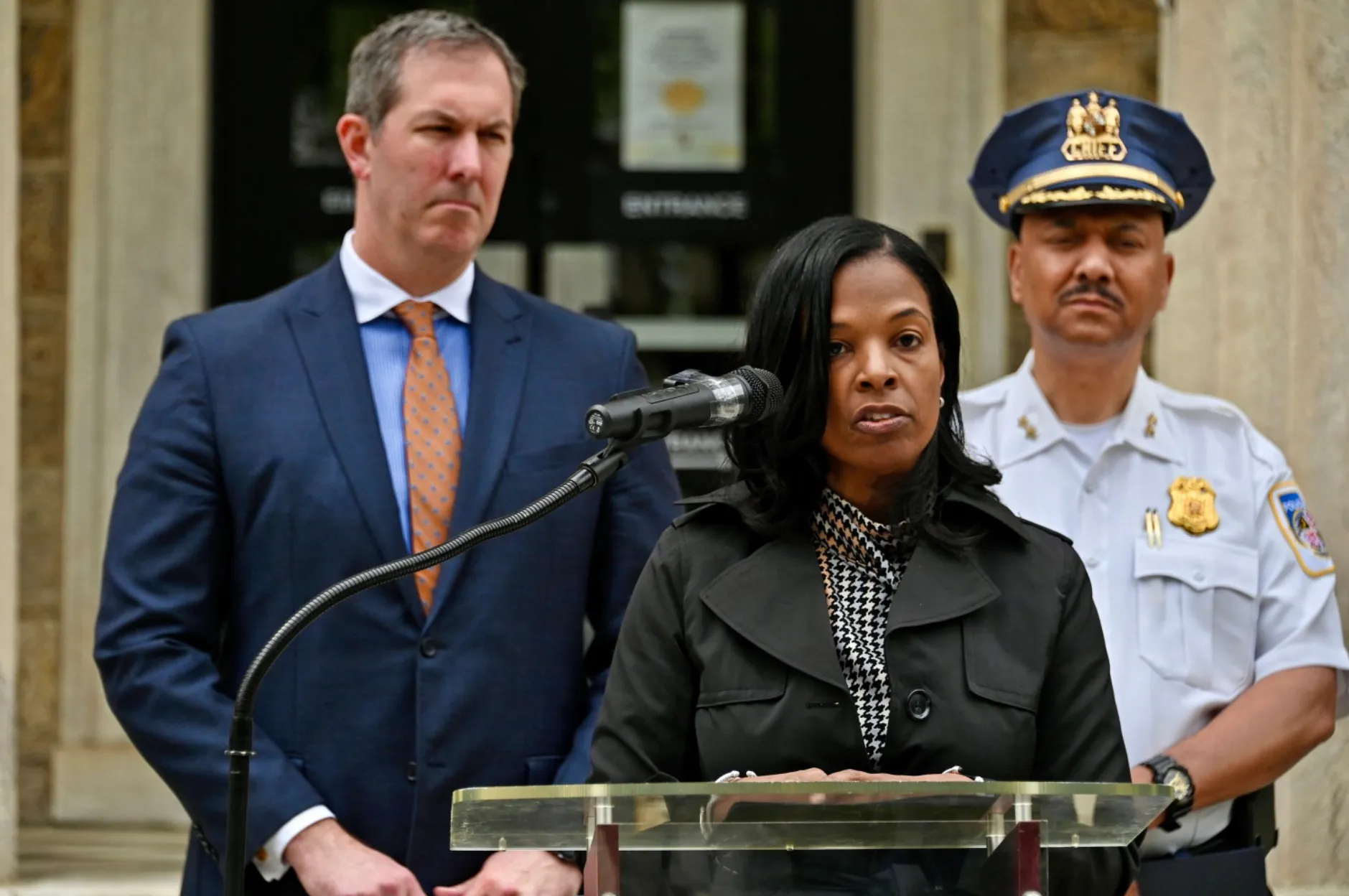Hey guys, Jason here! I have an age-old story with a digital twist. My dear reader, you’re about to journey into a world where love meets the web — and not always in the way we’d hope. We’re diving into the realm of online romance scams, a troubling trend that’s taking hold across the African continent.
“In today’s digitally connected world, it’s easy to connect, share, and hopefully even find love. But beneath the surface of these conveniences, a dark underbelly exists that is waiting for the unsuspecting to fall into its trap”.
So, as we begin our exploration of this complex and frequently heartbreaking issue, let us remember the old adage: not all that glitters is gold, especially when it comes to matters of the heart in the digital age.
Video Created: https://youtu.be/iVKYJA70kQs?si=m2xxgcQsuy01_GYT
Casting a broad net in your search for love online can lead you to the emotional land mines of scammers who misrepresent themselves; taking advantage of your shattered defenses and tugging at your heartstrings. This is a particularly prevalent problem in Africa, where crafty individuals are continuously honing and enhancing their deceptive methods to lure unsuspecting victims into online romance scams.

Photo Credit: https://www.dailymail.co.uk/news/article-13328519/Realtime-deepfake-face-swap-romance-scam-Africa.html
These cunning cyber-romancers often create compelling fake profiles on popular dating platforms, embellishing their personal narratives with tales designed to elicit sympathy or spark interest. They’re smooth talkers, experts at manipulating emotions; their end game? To make off with your hard-earned cash and leave you grappling with a shattered heart.
In 2020 alone, an alarming 40% of individuals who lost monetarily to such unscrupulous schemes reported that their initial contact with the scammer began on social media. Victims often find themselves financially and emotionally devastated, robbed not just of money but also of their ability to trust. The fallout of such insidious scams is far-reaching, impacting the victim’s ability to form trusting relationships in the future.
So, what can you do to shield yourself from falling prey to these online romance scams? The most important step is raising your awareness of such frauds. Limit your personal information sharing online and thoroughly research your potential partners. Not everyone who claims to be Prince Charming on social media has good intentions.
Listen to your instincts and be wary of strangers who seem too good to be true, particularly if they’re quick to declare their love or make monetary requests. Show your love by keeping your wallet closed; refuse to send money, especially to someone you’ve only just met virtually. Check in on older loved ones too, as scammers often exploit their loneliness and vulnerability.
Video Credit: https://youtu.be/U4kCN7TZ6us?si=wENx1LUa9zEdneog
Additionally, to safeguard against renowned Nigerian romance scams, avoid engaging with suspicious individuals, demand your love interest’s identity confirmation through video chat, and never share sensitive personal information. By being vigilant, you can find genuine love online while sidestepping the potential pitfalls.
As we journey through the digital age, even in the quest for love, let’s make sure we remain level-headed and cautious, always remembering to report any suspicious activities. After all, protecting ourselves and our loved ones from such heartbreak is a shared responsibility.
Video Credit: https://youtu.be/vtO0ASfaXmQ?si=cKscb2N122tPjvRk
Some Facts:
Over the years, online romance and dating have gained popularity around the globe. Yet, as the zeal for digital love escalates, so too do the risks associated with it. Africa has been a hotspot for online romance scams, causing heartbreak and financial loss for countless victims. Here are a few facts that are essential to understanding the seriousness of the issue:
- According to the Federal Bureau of Investigations (FBI), romance scams accounted for the second highest reported cybercrime in 2019, with losses exceeding $475 million.
- Nigeria and Ghana are among the top nations notorious for originating online romance scams, often targeting the United States, the United Kingdom, and Australia.
- Scammers usually hijack or fake an identity, tactfully engaging their victims on dating websites or social media platforms to build trust and a romantic relationship.
- Victims often receive requests for financial help from their “online lovers,” with reasons ranging from medical emergencies to promise of a face-to-face meeting.
- Older individuals, particularly women aged 50 and above, are most likely to fall victim to online romance scams according to studies.
- Keeping this issue under wraps, many victims never report these crimes out of fear, embarrassment, or hope that their online love might eventually be legitimized.
- Recent anti-scamming initiatives, while helpful, have only been effective to a certain extent due to the sophistication and insistency of the scammers.
. . .
A Personal Reflection from Jason

It’s disheartening to me how the platform that brings us closer to distant relatives, long-lost friends and newfound acquaintances can also serve as a breeding ground for deceit? Instagram, Snapchat, Ticktok and multiple similar platforms that initially emerged as harmless mediums of entertainment have now harbored predatory scams that know no boundaries or limits. With these platforms usurping basic communication means like radios and websites, their global reach and influence have only magnified the magnitude of these scams.
In my career I have often reflected on the various nuances these online platforms present. When Instagram was merely about sharing your life’s special moments, or when Snapchat and Tiktok was simply for ephemeral, fun-filled snaps. However, the advent of internet romance scandals, particularly in Africa, has cast a dark shadow on these platforms. It’s intriguing, isn’t it? How rapidly the image of these platforms has shifted in recent years.
CBC News Marketplace acts as a beacon here, highlighting these stories and bringing them forth in public eye. Going through their pieces, you realise that, behind the veil of fraudulent love, is a picture of past year 2023, where scamming marked something of an alarming resurgence.
So as we delve deeper into the digital age, let’s pledge to be vigilant, to hold these platforms accountable and strive for an online space that safeguards and nurtures genuine connections, rather than exploit them. After all, the responsibility of being a sentinel in this age of deceit lies just as much on our shoulders as it does on regulators and policy makers.












Leave a Reply